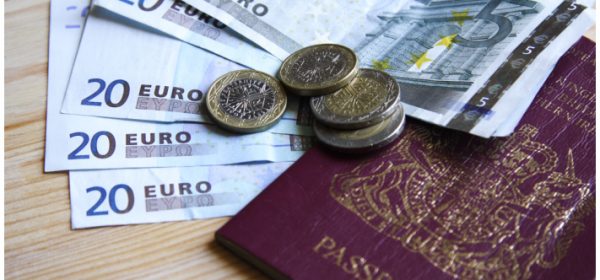Travel as a hobby consumes a lot of money. By spending less on a trip, you free up money to pursue other activities including even more travel.
You probably have unconsciously developed some bad habits that are hurting your pockets and you don’t even know it. Here are a few of the habits that you can drop in 2017 to save money:
- Falling for Luxury Brands’ Marketing
If you travel a lot, you probably have great taste and have higher than average income. Marketers know how to market to people like us. One of the marketing concepts we fall for is the idea of exclusivity and limited editions. The problem with products marketed in such ways is that the prices are ridiculously exaggerated and the margins for the business are unbelievable. People are willing to pay more if you make them feel like part of a small valued group that is hard to gain access to.
This can take the form of a luxury exclusive resort or a ‘gold’ credit card with unnecessary fees. Do not fall for this. Do your own research and buy travel packages based on value. Your travel credit cards should be practical. You shouldn’t sign up for one just because you are joining some elite club.
- Making Bookings at the Last Minute
Everyone procrastinates – you do it, I do it, everyone does it. When planning your trip, however, you should fight the lure of procrastination at all costs. You can save a significant amount of money if you just start early.
You can get great deals if you start looking for them early. Ever tried booking a hotel room on a site such as Booking.com or Trip Advisor? Usually, you’ll find that these sites will bombard you with retargeted ads that are 10 to 30 percent lower than the original listed price a day after visiting the site. These ads follow you everywhere you go online.
If you resist the temptation to snap the first deal, later on while you will be checking out cat videos on another site, you will be surprised to find an even better deal pop up on the site’s sidebar. You will never get an opportunity to get such deals if you the kind of person who starts the booking process a day before their trip begins.
- Chasing Points On Your Credit Cards
Just like any other business, the bank has an obligation to its shareholders to maximize profits. Credit card companies and banks spend lots of money on marketing and figuring out ways to keep you loyal and to spend more money. You should take anything they tell you with a grain of salt. If something doesn’t help them increase their bottom line, they probably won’t propose it to you.
While some business credit cards can be helpful, it’s more important to focus on the big picture. That’s when you begin to see opportunities and deals that will result in greater savings for you than the relatively meager amount you would have saved on a 5-day trip funded by a few thousand points your bank would have been more than willing to give you to keep you happy, and make more money off of you.
Conclusion
These pointers are not meant to encourage being cheap. Travelling is one of the most rewarding experiences you’ll ever have and you should spend what you feel is right to create memories you’ll have for the rest of your life. Nonetheless, like with all areas of life, you should pay for value and not let marketers make decisions for you.

